Vilenica Bulgarian literary literary, also recognized by Maja Haderlap
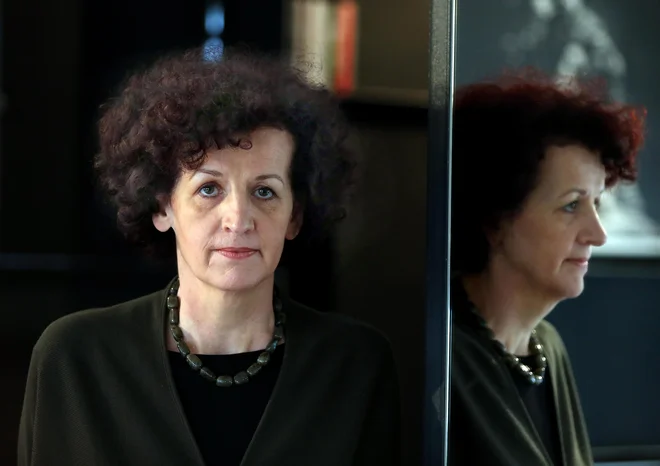
Prize fairy Bulgarian literat receives this year Georgi Mr.the Slovenian author in the center is the Austrian-Slovenian writer Maja Haderlaphas declared Society of Slovenian Writers (DSP).
The mistress born in 1968 in Jambol, shot his debut on the lists of literary hits A natural novelbut equally great was the novel Physics of sadness. The Bulgarian writer attended Fabula ten years ago; At the time he was talking about the novel Time -shapedwhich was published in the original in 2020. He received the Bulgarian Book Award for him, the work was listed on the list of the best books of magazine New Yorker.
As stated in the justification of the jury chaired by Gregor Podlogaris Miss’ Master of Contemporary Romanography. His writing, obsessed with social and historical events and focused on the invisible individual, is in some places unpredictable and fragmentary, but masterfully blends into a whole, subtle, also gently and imbued with (black) humor. «
The insightful voice of the European literary space
Maja Haderlap, born in 1961 in Železna Kapla in Carinthia, is a poet, writer, essayist and translator who writes in German and Slovene. She has received several awards for her writing. Among them are the prestigious Ingeborg Bachmann Award for the novel Angel of oblivion in 2011 and the Austrian National Arts in Literature (2019). Recently, her second highly anticipated novel was published in Slovenian translation Women in the dark.
“Maja Haderlap today is considered to be an important contribution to the European Literary Field, and its reflection on language, belonging and history is increasingly involved in broader cultural discussions on the role of literature in understanding traumatic collective experiences. As a member of the German Academy of Language and Poetry, Honorary Doctor and Award -winning author remains one of the most insightful voices of the European literary space, « they wrote in justification.
Maja Haderlap, born in 1961 in Železna Kapla in Carinthia, is a poet, writer, essayist and translator who writes in German and Slovene. Photo: Aleš Černivec
Among the guests of this year’s Jubilee, 40th Vilenica Festival, which will be under the motto A wonderful new world – new rules of being ran from 8 to 13 September, they will also be Mila Haugová (Slovakia), Maria Josep Escrivà (Catalonia), László krazsnahorkai (Hungarian), Biel Mesquida (Catalonia), Miha obit (Slovenia/Italy), Ilma Rakusa (Switzerland), Francesc Serés (Catalonia), Veronika Simoniti (Slovenia), Andrzej Stasiuk (Poland) and Dragan Veliki (Serbia). The festival week will feature eleven central events in Lokva, Sežana, Koper, Nova Gorica, Trieste and Ljubljana.
Last year, Vilenica received a Bosnian-Croatian writer Miljenko Jergovicand the Vilenica crystal is an Austrian-Slovenian poet Dominic Srienc. Slovenian author at the heart of the festival was Dušan Sharotar.
The starting point for consideration
The Vilenica International Literary Festival takes place in the period when the coexistence is regaining the central place in human debates. The world we once knew has changed dramatically in several decades: the transitions between stability and chaos, connection and exclusion have become a constant of our time, according to the festival, according to DSP, adding that geopolitical crises are only part of a wider picture of the old order decay, as climate disasters exceed all generations, deepens the gap between people.
« What we used to have as unwavering – coexistence rules, common values of truth and universality of human rights – is now increasingly evading our collective consent, » the DSP said.
This year’s motto of the festival is not just a diagnosis of the present, but the starting point for reflection: what are the alternatives to today’s life, beyond the logic of fear and polarization?
“In a society where false news, ideological polarization and algorithmic manipulation create the illusion of solid truths, literature can destabilize this superiority, and writers and poets are not only observers of the world, but its active co -creators, because at a time when speed and overflow, they remind us of the value of in -depth thinking. Their stories, poems, spoken and written words break the mist of simplistic populist discourses and bring us back to the essence of humanism: man is more than merely a product of economic systems or an insignificant particle of digital flows, « the DSP wrote.

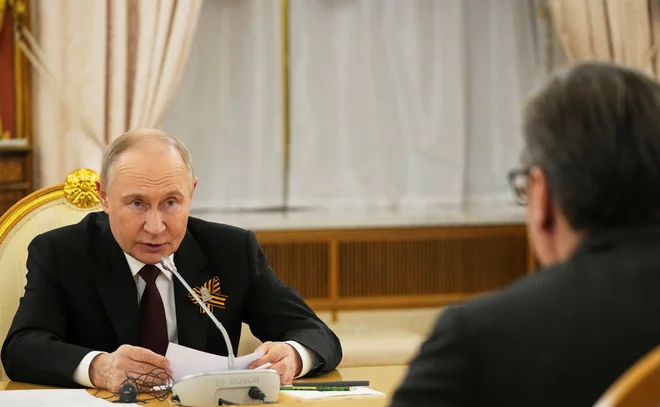
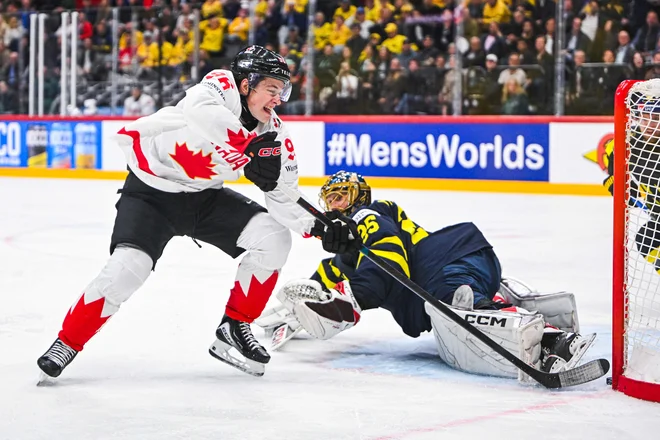

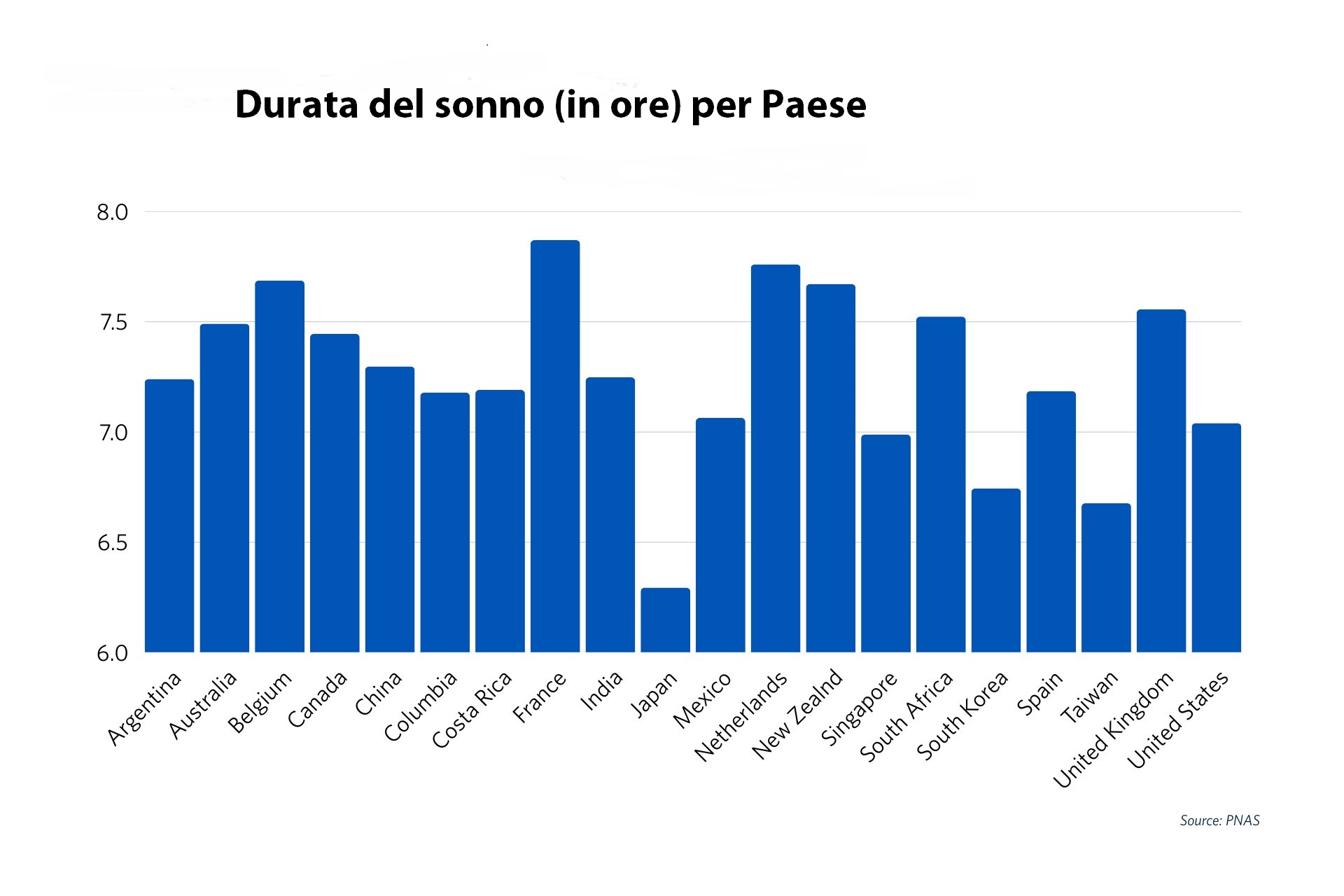
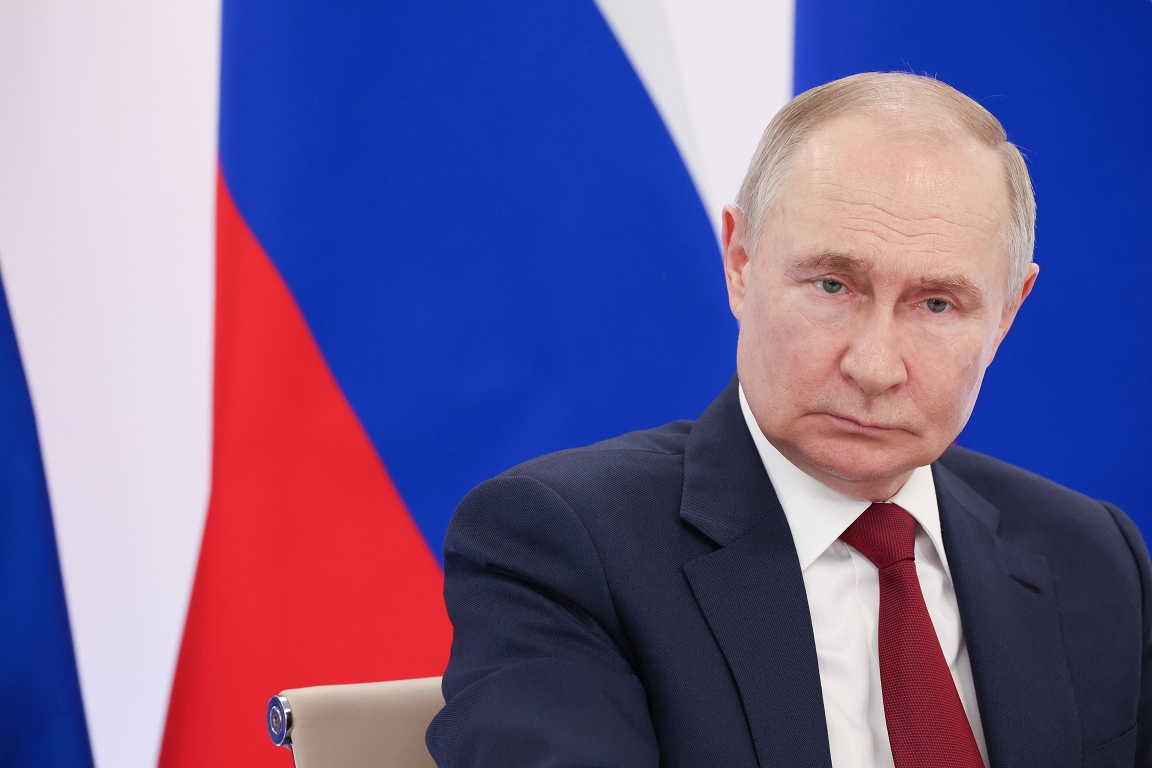
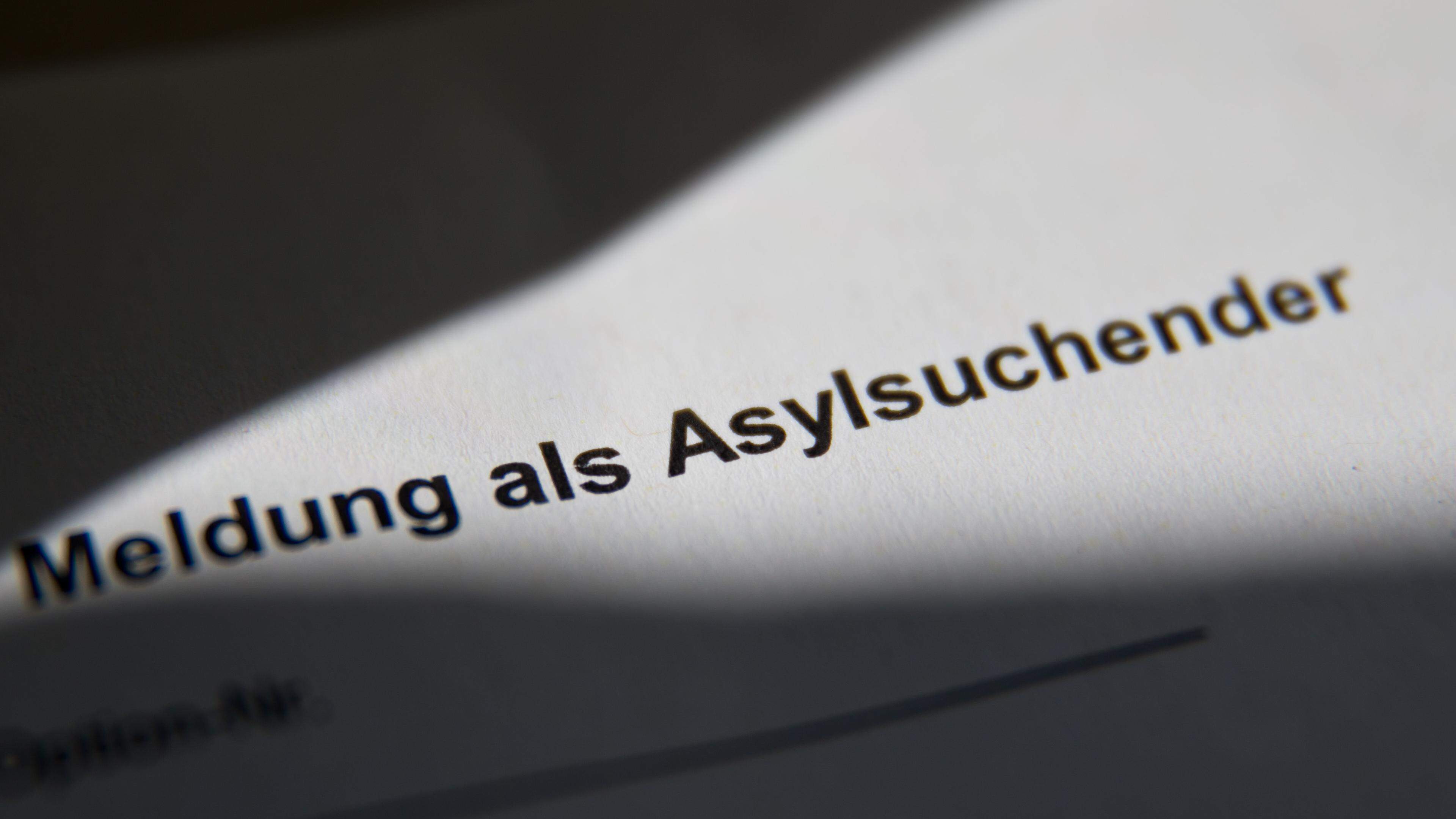
:format(webp)/s3/static.nrc.nl/wp-content/uploads/2025/05/01125733/data131131207-4ffa2d.jpg)